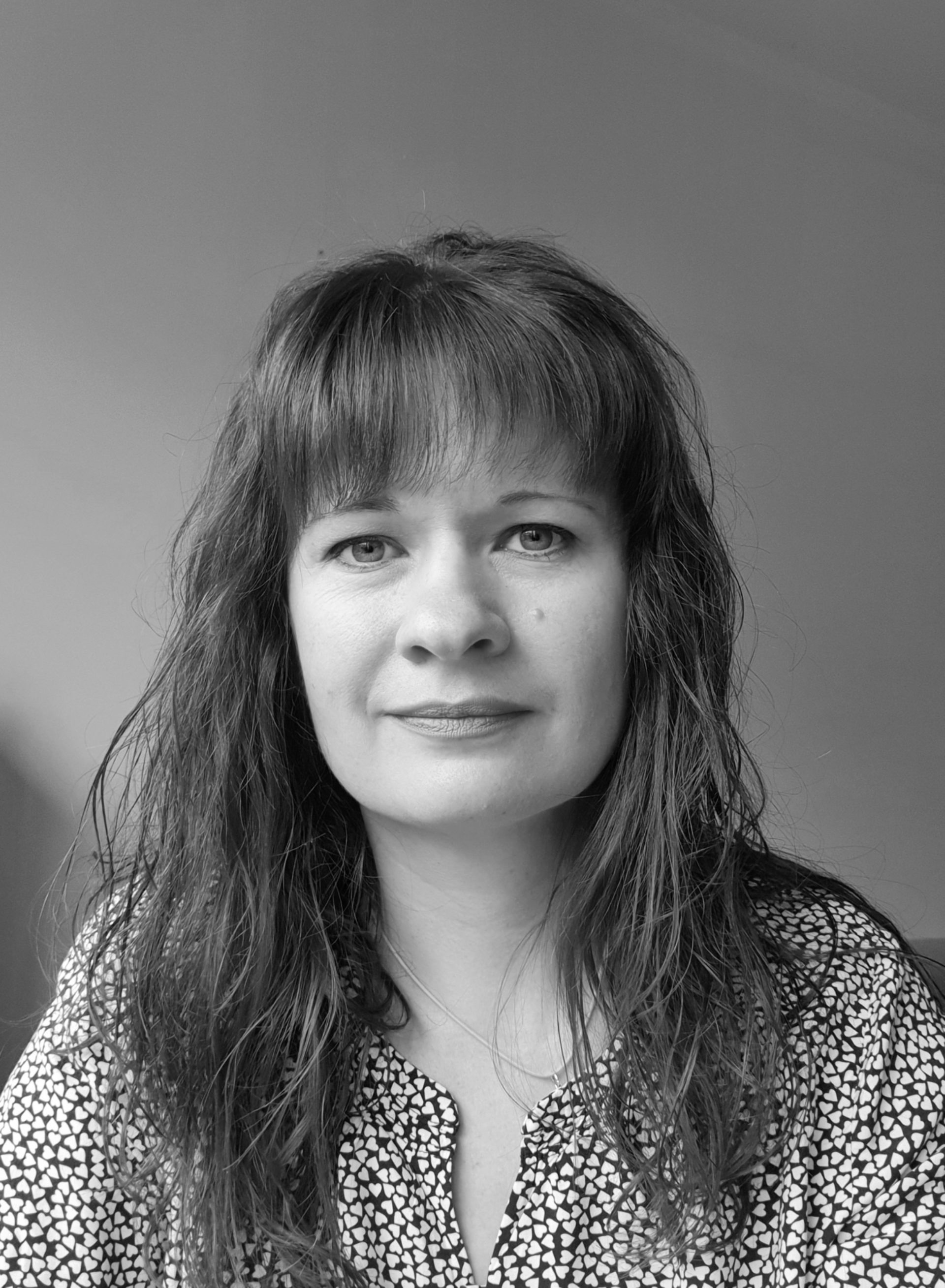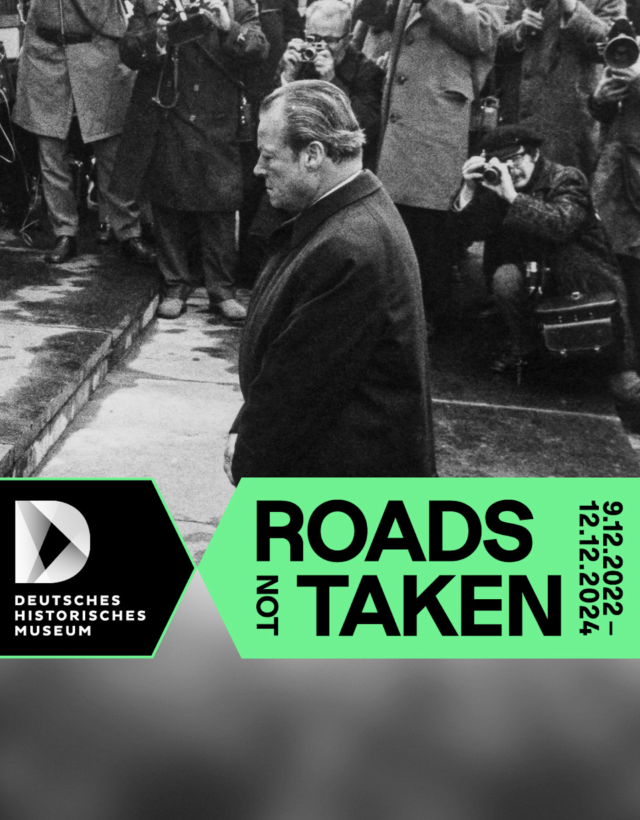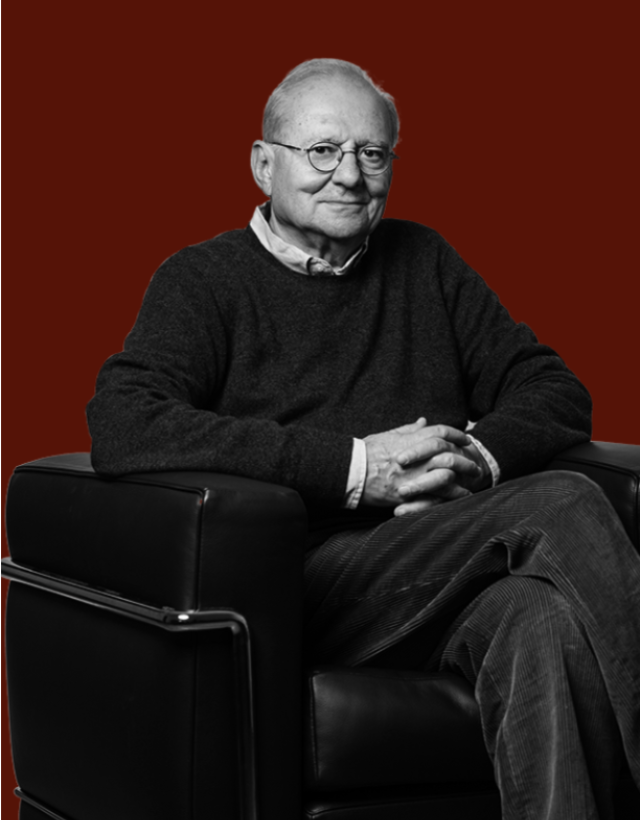
Irina defended her PhD thesis at the Center for Research on Antisemitism at the Technical University Berlin and published a book ‘Re-constructing Grassroots Holocaust Memory: the Case of the North Caucasus’ in 2020. She holds a Russian PhD degree and an MA in sociology. She has published a number of articles on Oral History, Gender History and Social Memory on World War II in Russian, English and German academic journals and edited volumes.
Among others, Irina was a fellow at the Claims Conference Kagan Fellowship in Advanced Shoah Studies in 2015–2017, at the Center for Holocaust Studies at the Institute for Contemporary History, Munich in 2016, and at the USC Shoah Foundation Center for Advanced Genocide Research in 2017. From 2014 to 2022 she was a Research Associate at the Hadassah Brandeis Institute at Brandeis University, USA. Since 2022 she is a member of the board of the German non-profit association KONTAKTE-KOНTAKTbI.
Irina's latest project ‘Remember us…’ dealt with the history and memory of people with disabilities who became Nazi victims in the occupied regions of Russia during the Second World War. In November 2023, she has started as an Alfred Landecker Lecturer at the Center for Research on Antisemitism at the Technical University Berlin.Reframing Grassroots Holocaust Remembrance in post-Soviet Russia:
from the first waves of democracy in the 1990s to the present-day
One of the fundamental characteristics of memory is its ability to change consistently in response to political, social, and cultural events over the course of time. Such changes are easy to observe in the memories of the Holocaust throughout post-Soviet Russia. This project aims to study the grassroots initiatives dedicated to remembering Holocaust victims in the Russian Federation against the influence of the controlling narratives of ‘the Soviet soldiers’ heroic Victory in the Great Patriotic War’ and ‘peaceful Soviet citizens as the main victims of fascism.’ There is a comprehensive study that follows the accomplishments and challenges faced by local Holocaust-victim remembering communities in post-Soviet Russia.
The study highlights the variety of Russian counter-memory that could become apparent within the autocratic regime. The current political climate in Russia becomes the main milestone in the future of the local efforts to remember the Holocaust that could opposite the state official rhetoric of the ‘genocide of Soviet people’ during World War II, and, ultimately, preserve the memory of more than 120,000 Holocaust victims on Russian soil. The project’s findings may encourage common people to differentiate between historical reality and the contrived state memory policy.


